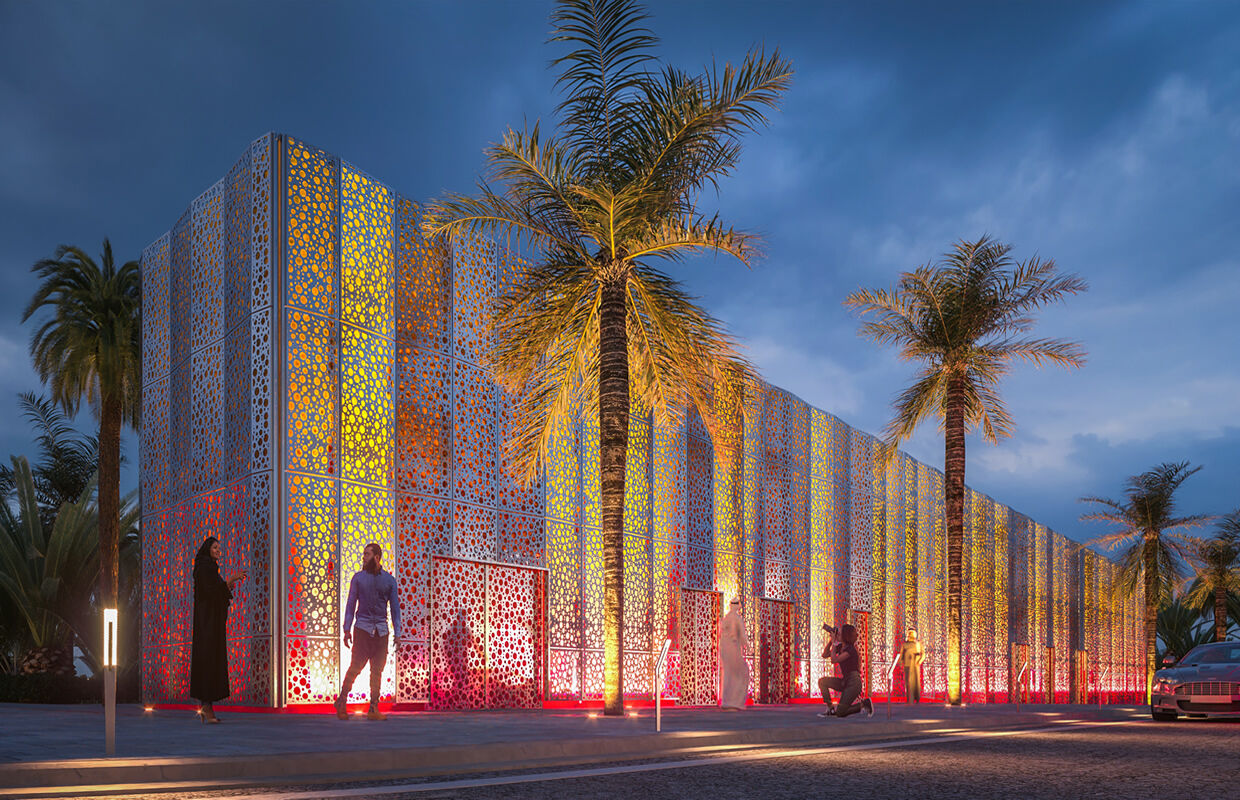In the world of architecture and construction, cladding plays a pivotal role not just in aesthetics but also in functionality and sustainability. As advancements continue to shape the industry, aluminum panels have emerged as a frontrunner, revolutionizing the way buildings are designed and constructed.
Durability and Longevity
aluminum panels are celebrated for their exceptional durability. Unlike traditional materials like wood or vinyl, aluminum is resistant to corrosion, weathering, and UV rays, making it ideal for both exterior and interior applications. This durability ensures that buildings maintain their aesthetic appeal over extended periods, requiring minimal maintenance and upkeep.
Design Flexibility
One of the key advantages of aluminum panels is their versatility in design. They can be molded into various shapes and sizes, allowing architects and designers the freedom to create unique Facades and structures. Whether it's sleek and modern skyscrapers or intricate and detailed architectural features, aluminum panels offer limitless possibilities, enhancing the visual appeal of any building.
Energy Efficiency
In an era where energy efficiency is paramount, aluminum panels excel. They can be integrated with insulation materials to enhance thermal performance, reducing heating and cooling costs. Additionally, aluminum panels are often manufactured using recycled materials, aligning with sustainable building practices and minimizing environmental impact.
Fire Safety
Safety is a critical consideration in construction, particularly concerning fire resistance. Aluminum panels are inherently fire-resistant, meeting stringent safety standards and regulations. This makes them a preferred choice for high-rise buildings and structures where fire safety is a primary concern.
Ease of Installation
Another notable advantage of aluminum panels is their ease of installation. They are lightweight yet robust, simplifying the construction process and reducing labor costs. Their modular nature allows for quick assembly and disassembly, facilitating efficient construction timelines and minimizing disruptions.
Environmental Sustainability
Beyond their energy-efficient properties, aluminum panels contribute to environmental sustainability in various ways. Their recyclability makes them a preferred choice for green building certifications such as LEED (Leadership in Energy and Environmental Design). By choosing aluminum panels, architects and developers can significantly reduce the carbon footprint of their projects.
Case Studies and Applications
Numerous iconic buildings worldwide showcase the innovative use of aluminum panels. From the shimmering facades of skyscrapers in urban landscapes to the functional cladding of residential developments, aluminum panels have left an indelible mark on contemporary architecture.
Conclusion
As the construction industry continues to evolve, aluminum panels remain at the forefront of innovation in cladding technology. Their durability, design flexibility, energy efficiency, and environmental sustainability make them an indispensable choice for architects, builders, and developers alike. Embracing aluminum panels not only enhances the aesthetic appeal of buildings but also ensures longevity, safety, and efficiency in construction practices. In essence, aluminum panels are not just leading the way in cladding—they are shaping the future of architecture.

